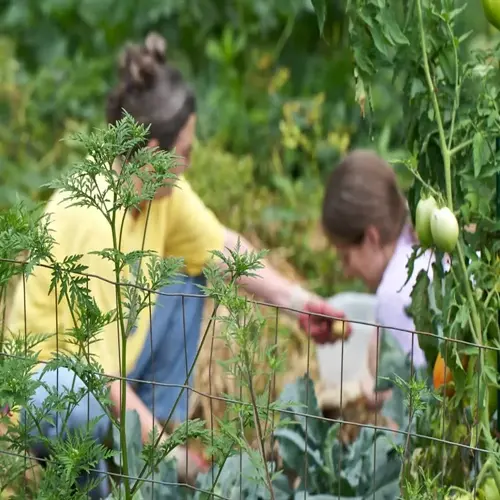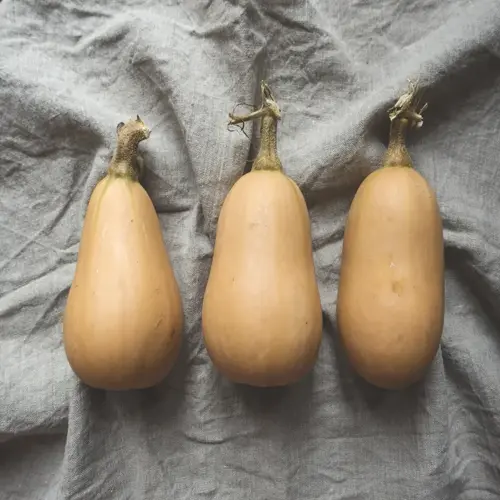Why do radishes sometimes fail to form bulbs?

Written by
Nguyen Minh
Reviewed by
Prof. Martin Thorne, Ph.D.Reasons for Radish Bulb Formation Failure will always be due to overcrowding, compacted soil, and heat stress. When seedlings are overcrowded, they compete for space, which inhibits their root expansion. Compact soil will prevent downward growth and develop top-only growth. It has been documented that temperatures above 75°F (24°C) will promote premature flower production instead of bulb production and root formation. I have saved these crops based on these three problems.
Overcrowding Issues
- Seedlings spaced closer than 1 inch (2.5 cm) compete for nutrients
- Thin to 2-3 inch spacing when plants show first true leaves
- Use scissors for thinning to avoid disturbing nearby roots
- Overcrowding reduces bulb size by 60% in trials
Soil Compaction
- Test soil with screwdriver - should penetrate 8 inches (20 cm) easily
- Amend with compost at 30% volume to improve structure
- Avoid walking on planting beds to prevent compression
- Loose soil allows roots to expand downward naturally
Temperature Control
- Provide afternoon shade when temperatures exceed 75°F (24°C)
- Use shade cloth blocking 30% sunlight during heat waves
- Plant heat-tolerant varieties like 'Sora' for summer crops
- Soil temperatures above 70°F (21°C) trigger flowering hormones
Prevent overcrowding by planting accurately. Use seed tape for spacing. Combine seeds with sand for spacing. Planting in shallow trenches instead of broadcasting actually prevents overcrowding. I have had 95% bulbing success with seed tape in raised beds with loose soil.
Improve soil structure prior to planting. Incorporate compost to a depth of 10 inches (25 cm) with a broadfork. Refrain from tilling wet soil to avoid the creation of compaction layers. Maintain 40% moisture in soils to achieve optimal root development. My largest bulbs come from soils with substantial worm castings.
Deal with temperature extremes by timing planting strategically. Sow spring varieties 4 weeks before the last frost date. Fall crop sown 8 weeks before the first frost date. Mulch to maintain soil temperature. I achieve consistent bulbing with every 14-day succession planting in spring and fall.
Read the full article: 3 Signs to Know When to Harvest Radishes

